
On 8 January 2015, a motion for a resolution was introduced in the European Parliament (EP) concerning the European Commission’s 2014 Progress Report on Turkey. Prior to its discussion planned to take place in EP Foreign Affairs commission, a number of amendments were proposed to the resolution. Some of the proposed amendments concern Turkey’s “Armenian issue”. In the resolution’s original form, only the Paragraph 34 touches upon this issue. The original version of the paragraph reads as follows:
“The European Parliament,
34. Urges Turkey and Armenia to proceed to a normalisation of their relations by ratifying, without preconditions, the protocols on the establishment of diplomatic relations, by opening the border and by actively improving their relations, with particular reference to cross-border cooperation and economic integration;” [i]
Let us now examine the relevant proposed amendments:
“- having regard to the fact that the Turkish authorities have not complied with demands regarding Armenian issues, as expressed by the European Parliament in its resolution of 18 June 1987;” (proposed by Eleni Theocharous)
Turkey is not obligated to comply with the demands set forth by the 1987 resolution, because it contains segments worded with a biased, anti-Turkey mindset. [I will be quoting from the 1987 resolution] The so-called “Armenian genocide” is not “historically proven”. Leaving aside fake documents and blatant distortions of historical facts, there are no authentic documents that prove that the Ottoman government specifically intended to exterminate its Armenian subjects. In fact, there are documents that point to the fact that the Ottoman government attempted to prevent wrongdoings against Armenians. Moving on, Turkish government’s refusal to recognize such a narrative does not continue “to deprive the Armenian people of the right to their own history.” Armenians are not tied to Turkey’s position, they are free to express themselves and their history however they wish. At the same time, Turkey has the right to hold its own opinions, and to reject Armenian allegations. Finally, the European Parliament is free to “believe” that “the tragic events in 1915-1917 involving the Armenians living in the territory of the Ottoman Empire constitute genocide.” However, EP’s “belief” is simply a statement of opinion. According to the “Convention on the prevention and the punishment of the crime of genocide” (1948), the EP is not a competent authority decide on whether an event constituted genocide or not, nor is it therefore competent in putting demands on Turkey based on this belief.
“22b. [EP] Calls on Turkey to recognize the Armenian genocide perpetrated by the Ottoman Empire on 1915, as well as of the Pontic Greeks and Assyrians;” (proposed by Eleni Theocharous)
On top of the allegations concerning Armenians, some opponents of Turkey also like to tack on allegations of genocide concerning Pontic Greeks and Assyrians. Genocide allegations concerning Pontic Greeks and Assyrians are equally uncorroborated as the one concerning Armenians. These are crude attempts at portraying Turks as “genocidal maniacs”, and are a way of maximizing the smear campaign directed at Turkey.
“34. … [EP] recalls the 100th anniversary of the massacre of the Armenian minority in the Ottoman Empire and urges Turkey to come to terms with this part of its history proactively;” (proposed Knut Fleckenstein)
“33a. [EP] Deplores the Turkish Government’s failure to recognise the Armenian genocide…” (proposed by Mario Borghezio)
“33b. [EP] Calls for the Turkish Government to mark the hundredth anniversary of the Armenian genocide in 2015 by discharging its historical and moral duty to honour the memory of the Armenian dead;” (proposed Mario Borghezio)
“34a. [EP] Calls on Turkey to mark the centenary of the Armenian genocide by recognising it;” (proposed by Marine Le Pen, Harald Vilimsky, Edouard Ferrand, Marcel de Graaff, Aymeric Chauprade, Nicolas Bay, and Jean-Luc Schaffhauser)
Especially this year, both individuals and non-governmental organizations in Turkey are busy freely propagating their views on the events of 1915. Such views include the recognition and also the rejection of the genocide term. This subject is now being freely discussed in books, newspapers, and TV shows in Turkey. Furthermore, the Turkish government has time and again indicated that it is ready to discuss its history, on the condition that it is done in a fair manner. Turkey will continue to discuss its history and its relationship with Armenian people on its own terms. This is entirely different from submitting to the directives of self-interested EU member states and their politicians who are not knowledgeable about Ottoman history. Lastly, it is not EP’s place to define what is and is not Turkey’s “historical and moral duty”, especially when it comes to a highly contentious subject like the events of 1915.
“34. … [EP] believes, with a view to the hundredth anniversary of the Armenian genocide, that recognition of that genocide by Turkey would be a major step towards a normalisation of relations between the two countries;” (Fabio Massimo Castaldo and Marco Affronte)
Normalisations of relations between Turkey and Armenia were to be achieved with the 2009 Protocols, which have been withdrawn by the government of Armenia this year. Armenia turned Turkey’s recognition of Armenia’s genocide allegations into a precondition for the ratification of the Protocols, something Turkey could not agree to. However, the Protocols had made no mention of the genocide allegations. The Protocols did stipulate for the establishment of a historical sub-commission meant to shed light on the events of 1915. Armenia, however, later on completely rejected the establishment of such a sub-commission, arguing that the “reality” of the “genocide” cannot be subject to discussion. What would be a “major step towards a normalisation of relations” would be for Armenia to stop trying to impose its notion of history on Turkey.
“34. … [EP] takes the view that the 100 year commemoration of the Armenian genocide in 2015 represents an important occasion for Turkey to come to terms with its past; calls in this regard on the Turkish authorities to open all the archives providing historians and researchers the opportunity to shed light on those tragic events and start a genuine and transparent debate in the public opinion with a view to recognizing the genocide;” (proposed by Bodil Ceballos, Ska Keller, and Ernest Maragall)
This proposed amendment contains factual errors. Almost all relevant archives in Turkey are open to both Turkish and foreign historians and researches. However, Armenia’s and diaspora Armenian organization’s archives still remain closed (or are only open to a select number of partisan historians and researches). Furthermore, as mentioned above, “a genuine and transparent debate in the public opinion” has already started in Turkey. However, it is not up to EP to decide that the end result of such a debate be the recognition of the genocide allegations. A debate cannot be “genuine and transparent” when it has been designed by an outside party (in this case, the EP) to make sure that it leads to the establishment of an unquestionable dogma.
“34. … [EP] calls on Turkey to open its borders with Armenia which will lead to the improvement of their relations, with particular reference to cross-border cooperation and economic integration;” (proposed by Eleni Theocharous)
Turkey closed its borders with Armenia in response to Armenia’s occupation of %20 of Azerbaijan’s territory. Despite the mediation of OSCE’s Minsk Group and four UN Security Council’s resolution calling for end of the occupation, Armenia’s occupation of Azerbaijan’s territories continues to this day. Armenia has so far been unwilling to compromise in way that would lead to a breakthrough on this issue. Until some sort of positive development is achieved concerning this issue, the opening of Turkey-Armenia will remain improbable.
“34. … [EP] calls on Turkey to refrain from taking any action in relation to the territorial integrity of Armenia, and to adhere to moderate political rhetoric and not give cause for any future conflicts;” (proposed by Angel Dzhambazki)
To put it mildly, this proposed amendment is absurd. Neither the Turkish government (past or present), nor the opposition parties in the Turkish parliament (again, past or present) challenge/have challenged the territorial integrity of Armenia. In fact, Turkey has always insisted on respecting the Treaty of Kars (1921) that established the current border between Turkey and Armenia. Furthermore, in terms of bilateral relations, Turkey has always adopted a conciliatory tone against Armenia, while Armenia has generally done the exact opposite. Crucially, when it comes to respecting territorial integrity, it is Armenia that poses a problem. To this day, Armenia has refused to acknowledge the Treaty of Kars, arguing instead for the validity of Treaty of Sèvres and US President Woodrow Wilson’s Arbitral Award, both of which aimed to partition Turkish lands and both of which were nullified by the Treaty of Lausanne (1923). Armenia’s vague stance on respecting Turkey’s territorial integrity can clearly be seen from the “Pan-Armenian Declaration on the 100th Anniversary of the Armenian Genocide” that was ceremoniously issued by the President of Armenia Serzh Sargsyan, which places value in the Treaty of Sèvres and Wilson’s Arbitral Award. Armenia’s vague stance was also recently made apparent when Armenia’s Deputy Minister of Foreign Affairs Shavarsh Kocharyan gave an interview for a TV channel in Armenia and refused to answer the question of whether or not Armenia recognized Turkey’s borders.[ii]
Overall, the proposed amendments concerning the “Armenian issue” give the impression that they are politically motivated attempts at meddling in Turkish-Armenian relations and are disingenuous calls on Turkey to recognize the so-called “Armenian genocide”. Such proposed amendments serve as classic examples of how European politicians callously abuse the dispute over the characterization of the events of 1915 in an attempt to gain political leverage on and verbally harass Turkey.
[i] “European Parliament resolution on 2014 Commission Progress Report on Turkey”, (2014/2953(RSP))
[ii] Mehmet Oğuzhan Tulun, “The Art of Dodging the Question”, AVIM, http://avim.org.tr/en/Yorum/THE-ART-OF-DODGING-THE-QUESTION
© 2009-2025 Center for Eurasian Studies (AVİM) All Rights Reserved
No comments yet.
-
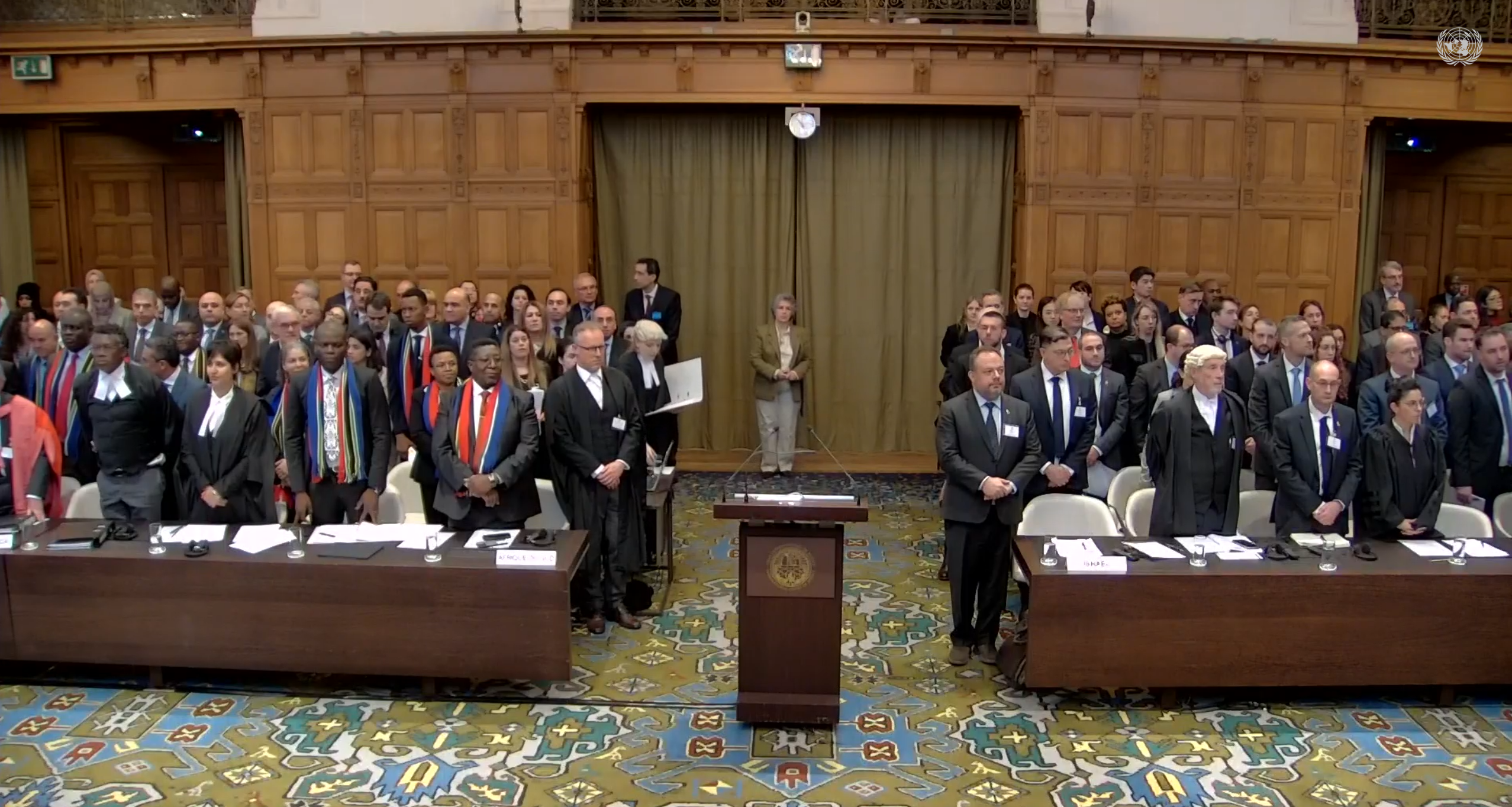 ISRAEL: HAS THE VICTIM OF GENOCIDE BECOME THE PERPETRATOR OF THE SAME CRIME?
ISRAEL: HAS THE VICTIM OF GENOCIDE BECOME THE PERPETRATOR OF THE SAME CRIME?
Mehmet Oğuzhan TULUN 31.01.2024 -
 OPPOSITION AGAINST THE TURKEY-ARMENIA NORMALIZATION PROCESS THROUGH THE USE OF CARTOONS
OPPOSITION AGAINST THE TURKEY-ARMENIA NORMALIZATION PROCESS THROUGH THE USE OF CARTOONS
Mehmet Oğuzhan TULUN 13.05.2022 -
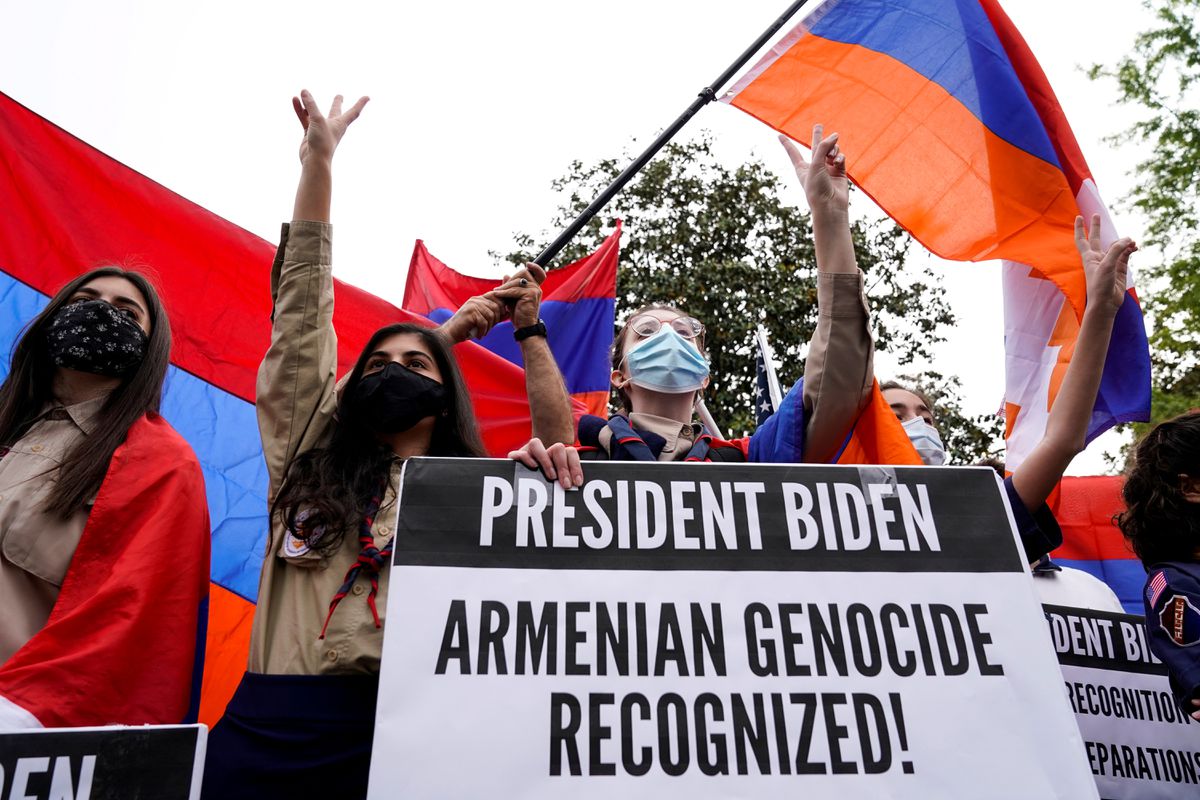 GENOCIDE ACCUSATION AS A FORM OF PUNISHMENT - III
GENOCIDE ACCUSATION AS A FORM OF PUNISHMENT - III
Mehmet Oğuzhan TULUN 27.04.2021 -
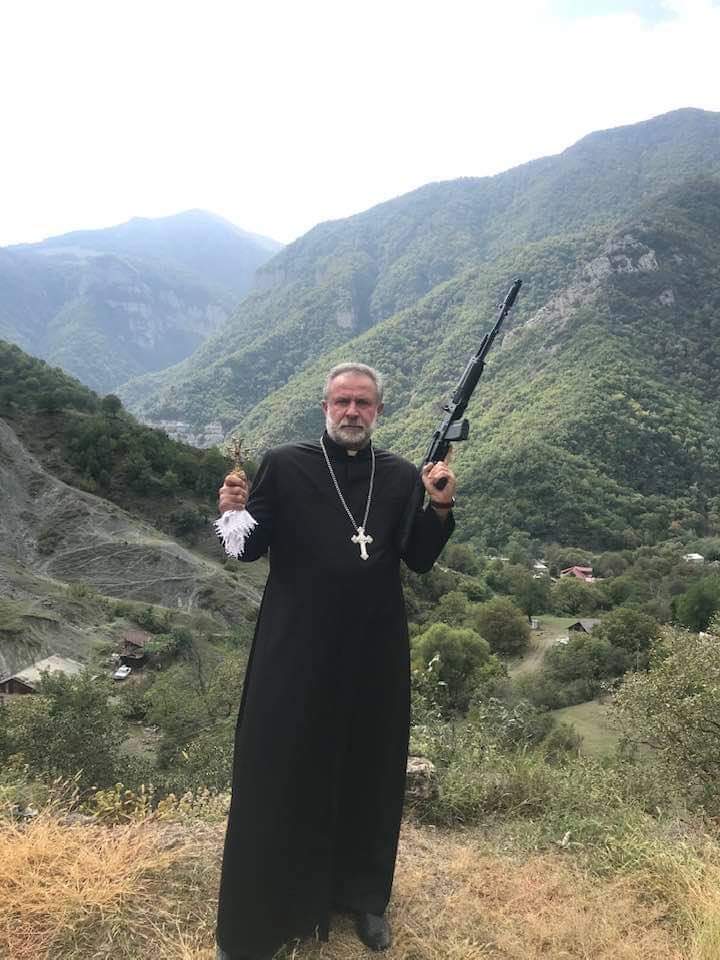 THE RISE OF CHRISTIAN NATIONALISM
THE RISE OF CHRISTIAN NATIONALISM
Mehmet Oğuzhan TULUN 02.11.2022 -
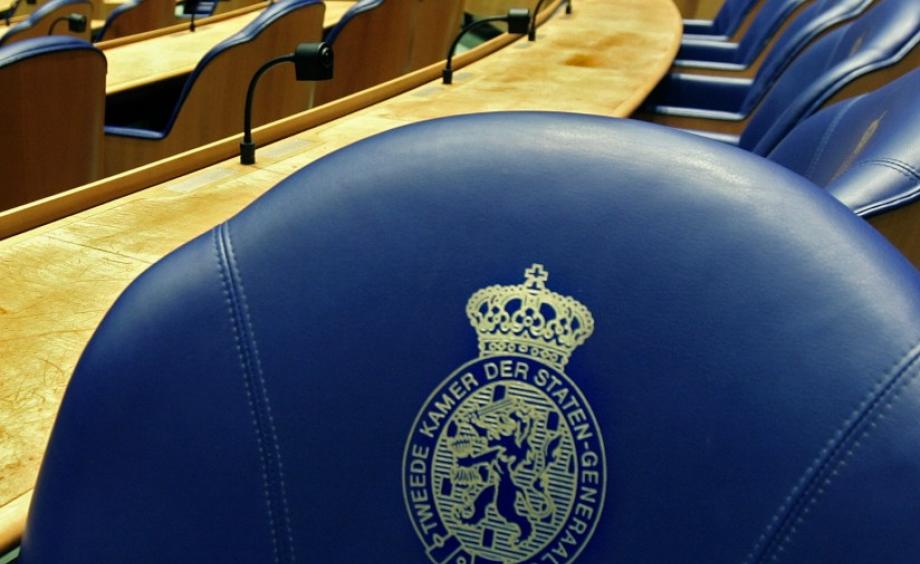 THE DUTCH PARLIAMENT’S FEBRUARY 22 DECISION ON THE 1915 EVENTS
THE DUTCH PARLIAMENT’S FEBRUARY 22 DECISION ON THE 1915 EVENTS
Mehmet Oğuzhan TULUN 22.02.2018
-
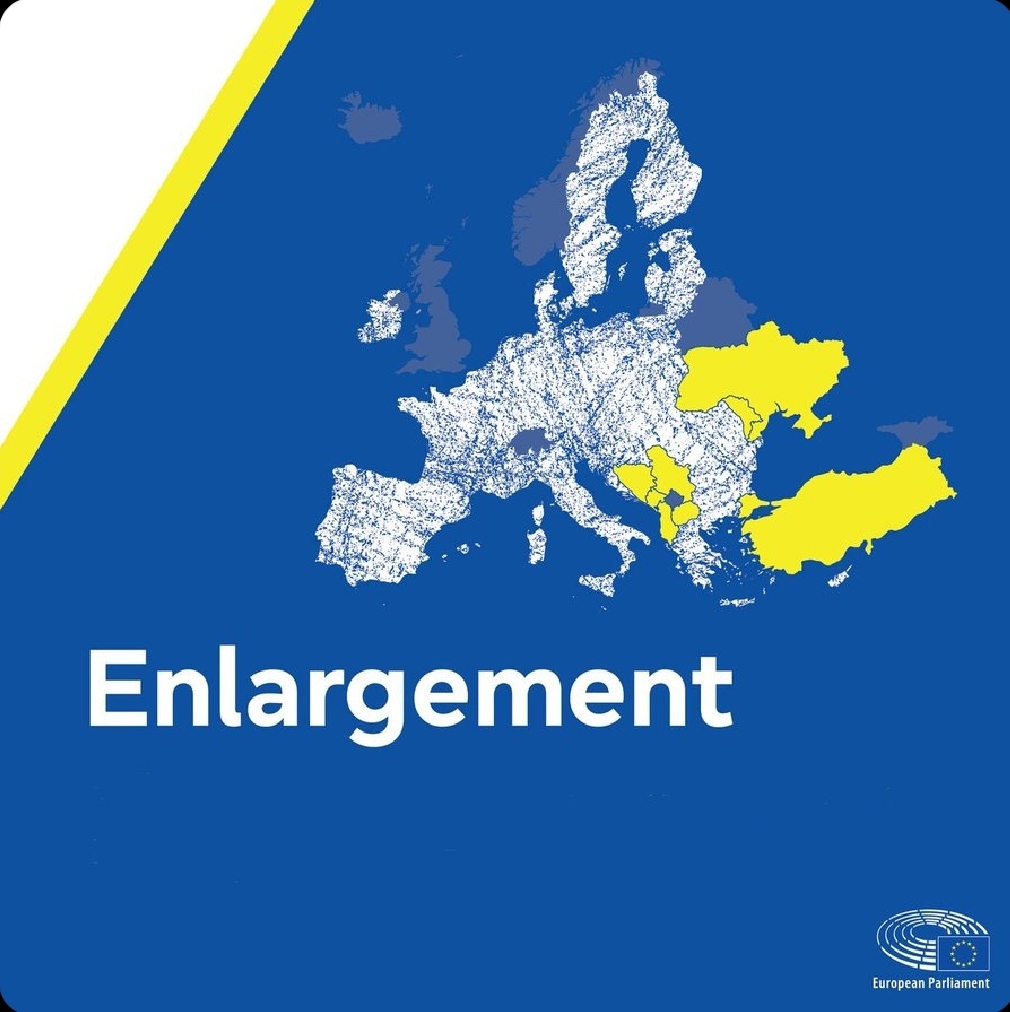 THE EU'S ENLARGEMENT PARADOX: POLITICS OVER PRINCIPLES?
THE EU'S ENLARGEMENT PARADOX: POLITICS OVER PRINCIPLES?
Teoman Ertuğrul TULUN 25.01.2024 -
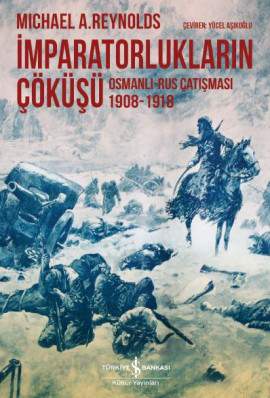 BOOK REVIEW: SHATTERING EMPIRES. THE CLASH AND COLLAPSE OF THE OTTOMAN AND RUSSIAN EMPIRES 1908–1918”
BOOK REVIEW: SHATTERING EMPIRES. THE CLASH AND COLLAPSE OF THE OTTOMAN AND RUSSIAN EMPIRES 1908–1918”
Nigar SHİRALİZADE 24.09.2018 -
 OPPOSITION AGAINST THE TURKEY-ARMENIA NORMALIZATION PROCESS THROUGH THE USE OF CARTOONS
OPPOSITION AGAINST THE TURKEY-ARMENIA NORMALIZATION PROCESS THROUGH THE USE OF CARTOONS
Mehmet Oğuzhan TULUN 13.05.2022 -
D.L. PHILLIPS’S DIPLOMATIC HISTORY OF THE TURKEY-ARMENIA PROTOCOLS
Ömer Engin LÜTEM 27.03.2012 -
 TÜRKİYE’S MEDIATION IN THE UKRAINE-RUSSIA WAR
TÜRKİYE’S MEDIATION IN THE UKRAINE-RUSSIA WAR
Mehmet Oğuzhan TULUN 23.09.2024
-
25.01.2016
THE ARMENIAN QUESTION - BASIC KNOWLEDGE AND DOCUMENTATION -
12.06.2024
THE TRUTH WILL OUT -
27.03.2023
RADİKAL ERMENİ UNSURLARCA GERÇEKLEŞTİRİLEN MEZALİMLER VE VANDALİZM -
17.03.2023
PATRIOTISM PERVERTED -
23.02.2023
MEN ARE LIKE THAT -
03.02.2023
BAKÜ-TİFLİS-CEYHAN BORU HATTININ YAŞANAN TARİHİ -
16.12.2022
INTERNATIONAL SCHOLARS ON THE EVENTS OF 1915 -
07.12.2022
FAKE PHOTOS AND THE ARMENIAN PROPAGANDA -
07.12.2022
ERMENİ PROPAGANDASI VE SAHTE RESİMLER -
01.01.2022
A Letter From Japan - Strategically Mum: The Silence of the Armenians -
01.01.2022
Japonya'dan Bir Mektup - Stratejik Suskunluk: Ermenilerin Sessizliği -
03.06.2020
Anastas Mikoyan: Confessions of an Armenian Bolshevik -
08.04.2020
Sovyet Sonrası Ukrayna’da Devlet, Toplum ve Siyaset - Değişen Dinamikler, Dönüşen Kimlikler -
12.06.2018
Ermeni Sorunuyla İlgili İngiliz Belgeleri (1912-1923) - British Documents on Armenian Question (1912-1923) -
02.12.2016
Turkish-Russian Academics: A Historical Study on the Caucasus -
01.07.2016
Gürcistan'daki Müslüman Topluluklar: Azınlık Hakları, Kimlik, Siyaset -
10.03.2016
Armenian Diaspora: Diaspora, State and the Imagination of the Republic of Armenia -
24.01.2016
ERMENİ SORUNU - TEMEL BİLGİ VE BELGELER (2. BASKI)
-
AVİM Conference Hall 24.01.2023
CONFERENCE TITLED “HUNGARY’S PERSPECTIVES ON THE TURKIC WORLD"









